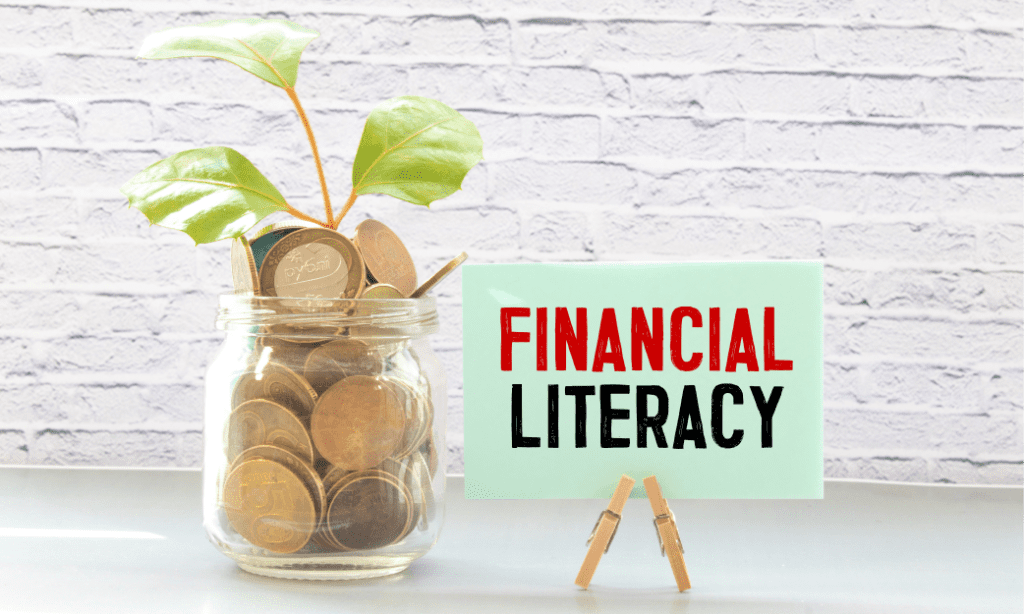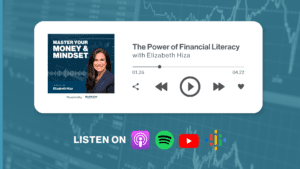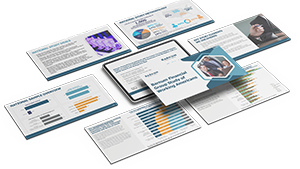
Financial literacy is knowing and understanding the basic skills used to manage, budget, and invest money. Managing money is a life skill. And there are lots of ways to learn and approach that skill. There is a growing sentiment that these skills should be taught in high school but, unfortunately, that is rarely the case. While it’s a topic that’s best learned at an early age, it’s never too late to learn.
Think about how we approach life and everyday activities today. So many transactions are done online with a debit or credit card, and most are done over our phones. The one-click payments make it easy to forget how much money is in our actual bank account. This, coupled with a lack of personal financial knowledge, is how many people wind up with money trouble and budget problems.
Let’s look at the basics of financial literacy:
Budget
Look at how much money you bring in each month versus how much you spend. Track regular expenses (mortgage/rent, utility payments, credit card/loan payments, gas, grocery shopping, etc.) Next, break down discretionary spending (eating out/takeout, travel, retail shopping, etc.) And, of course, determine what amount of money will go to savings.
Paying Bills
Once you know the difference between money earned and money spent, you can determine the amount of money you will need to pay your bills. It’s important to pay your bills on time whenever possible. It will have a positive impact on your credit score. Speaking of paying bills…
- Credit Card Debt: Getting credit card debt under control is important for your credit score. You need to be honest with yourself and determine a strategy for what you can afford to pay each month.
- Student Loan Debt: Gaining a greater understanding of student loans is something that should start while still in school. You need to know the amount of your payment and when it will be due.
Retirement Investments
Many employers offer 401(k) plans with a wide variety of options for employees. You also have options outside of your employer such as IRA plans and fixed annuities. Still, this article lays out important information to know about retirement planning: The sooner you start saving, the better.
Part of the reason financial literacy is so important is because we have so many options for investing and retirement savings. The need to understand the basic skills of financial literacy at an early age has never been greater.
Editor’s Note:
Florida just became the largest state to require financial literacy education in high school and with 26 other states having personal finance bills pending, the future of financial literacy for children is bright. CNBC Article
Listen to you. Learn about you. Deliver advice and solutions that help you achieve the future you want. Put your best interests first. This is the Barnum promise. If you’d like to learn more, contact us today.




